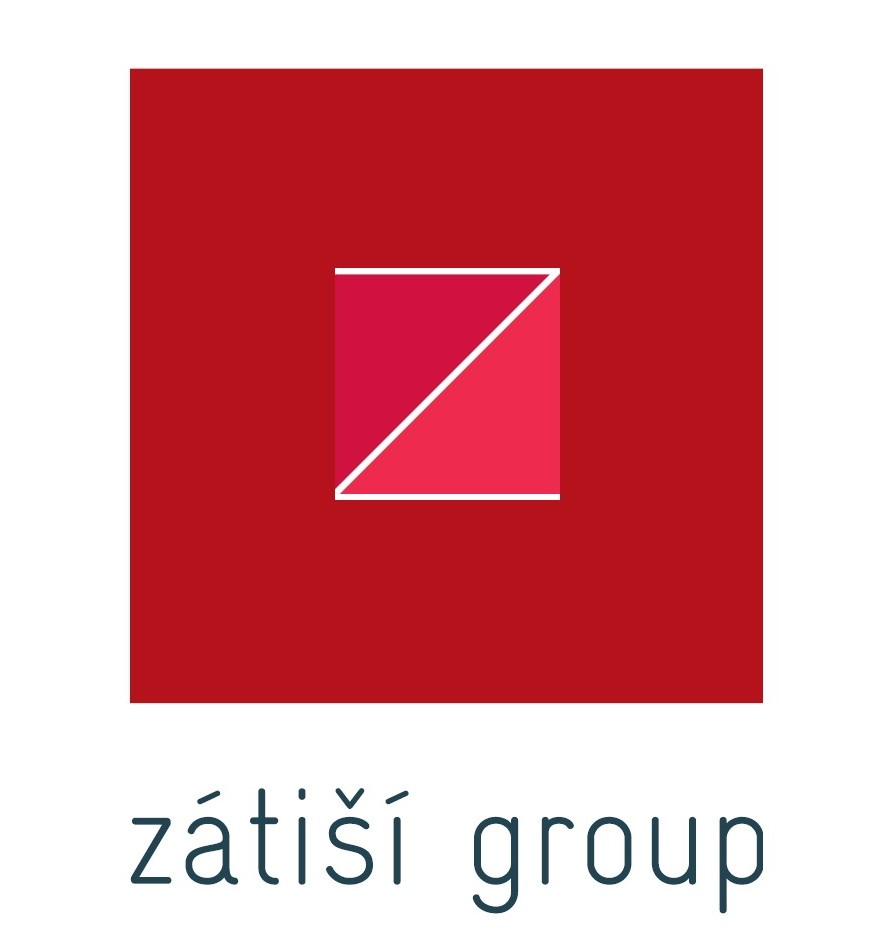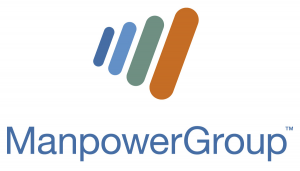Czech managers expect the economy to improve, but their outlook for their firms is more restrained
13.10.2010Company: Deloitte
According to Deloitte’s current Business Sentiment Index (BSI), which monitors the opinions of CEOs of leading companies from the Czech Republic, Poland, Hungary, Slovakia, Croatia and Romania, senior management of leading Czech firms expect better economic conditions in the next six months. Yet, when speaking of their companies, they are more restrained.
“The research data show that the position of the Czech Republic is not so bad with regard to the expected economic development: the Czech Republic not only reported the third highest results among the surveyed countries, but specifically a significant improvement compared to the previous quarter,” said Luděk Niedermayer, Director, Deloitte Consulting.
The survey showed growing optimism in most of the six monitored countries, particularly in Slovakia. As many as 71% and 59% of respondents from Slovakia and the Czech Republic, respectively, see positive outlooks for their economies. In Croatia, traditionally the most pessimistic of the countries surveyed, more than 50% of managers continue to expect worse economic conditions despite slight improvements.
“The improved outlook in Slovakia is encouraging; it reflects a growth of optimism throughout much of the region“, said Mike Barrington, CEO of Deloitte Central Europe.
The cautious attitude held by Czech firms is seen, for example, in how they view their company’s financial position. Compared to the previous survey in the first quarter of 2010, the percentage of optimistic answers fell from 58% to 56% as some managers returned to being more pessimistic. While 9% of managers currently expect a worse financial position, there were no negative forecasts in this respect in the Czech Republic six months ago.
A more favourable trend continues to be seen in the availability of loans, where the optimism of Czech managers grew slightly, by three percentage points, to 84%. Romania was the most optimistic of all six countries surveyed (87%). Czech managers also have more optimistic opinions on the payment morale of debtors and on capital expenditures such as equipment, IT, and new premises.
According to Deloitte’s current Business Sentiment Index (BSI), which monitors the opinions of CEOs of leading companies from the Czech Republic, Poland, Hungary, Slovakia, Croatia and Romania, senior management of leading Czech firms expect better economic conditions in the next six months. Yet, when speaking of their companies, they are more restrained.
“The research data show that the position of the Czech Republic is not so bad with regard to the expected economic development: the Czech Republic not only reported the third highest results among the surveyed countries, but specifically a significant improvement compared to the previous quarter,” said Luděk Niedermayer, Director, Deloitte Consulting.
The survey showed growing optimism in most of the six monitored countries, particularly in Slovakia. As many as 71% and 59% of respondents from Slovakia and the Czech Republic, respectively, see positive outlooks for their economies. In Croatia, traditionally the most pessimistic of the countries surveyed, more than 50% of managers continue to expect worse economic conditions despite slight improvements.
“The improved outlook in Slovakia is encouraging; it reflects a growth of optimism throughout much of the region“, said Mike Barrington, CEO of Deloitte Central Europe.
The cautious attitude held by Czech firms is seen, for example, in how they view their company’s financial position. Compared to the previous survey in the first quarter of 2010, the percentage of optimistic answers fell from 58% to 56% as some managers returned to being more pessimistic. While 9% of managers currently expect a worse financial position, there were no negative forecasts in this respect in the Czech Republic six months ago.
A more favourable trend continues to be seen in the availability of loans, where the optimism of Czech managers grew slightly, by three percentage points, to 84%. Romania was the most optimistic of all six countries surveyed (87%). Czech managers also have more optimistic opinions on the payment morale of debtors and on capital expenditures such as equipment, IT, and new premises.
The gap between optimism and pessimism is widening with regard to the expected development of revenues, the expected acquisition of another firm, and the development of the regulatory environment. For example, half of Czech respondents expect revenues to grow in the following 12 months (39% in the first quarter) and the percentage of negative expectations in revenue development grew from 13% to 25%.
A loss of optimism and an increase in negative expectations were reported in the Czech Republic with regard to the introduction of new products and services on the market. The number of pessimistic managers grew among those who expect further headcount reductions (growth from 29% to 34%).
“In general the collected information confirms that the shift of the economy from recession to gradual recovery continues. The not too encouraging outlook in employment, unfortunately, corresponds to the current stage of recovery. However, we have to note that the Czech results rank among the less positive,” said Luděk Niedermayer.
Key information on the research methodology and more details on the BSI are provided at www.deloitte.com/bsi.







